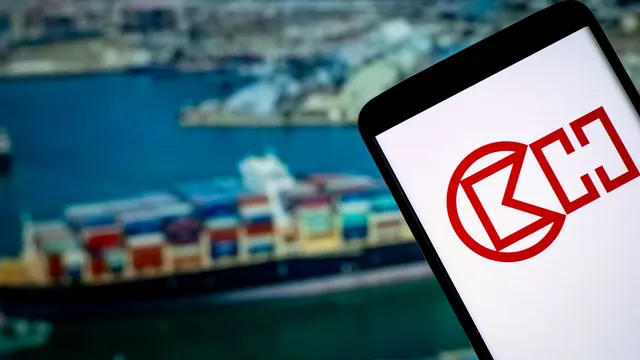
Panama's comptroller accuses CK Hutchison of serious financial irregularities
2025-04-08 16:44- An audit by Panama's comptroller authority revealed financial irregularities in the concession for Canal ports.
- CK Hutchison owes around $300 million after failing to meet financial obligations during their contract.
- The reported issues could complicate the sale of port control to BlackRock and impact U.S.-Panama relations.
Express your sentiment!
Insights
In March 2025, Panama's comptroller authority conducted an audit that uncovered irregularities in the renewal of a 25-year port concession for the Panama Canal's ports operated by a Hong Kong company. The audit highlighted payment defaults, accounting miscalculations, and undisclosed company operations, which collectively cost Panama around $300 million in lost revenue. The results of the audit were particularly concerning as they coincided with rising tensions regarding Chinese influence in the canal's operations, as alleged by the U.S. government. The audit results indicated that the Hong Kong-based CK Hutchison Holdings, which controlled the Panama Ports Company that manages the ports of Balboa and Cristobal, had improperly extended its contract with Panama's Maritime Authority. Anel Flores, the Panamanian Comptroller-General, revealed that the company failed to pay around $300 million while using tax breaks to minimize over $850 million in payments. CK Hutchison was also found to have breached an agreement sharing profits with the Panamanian government, undermining the financial integrity of their operational agreement. As the audit progressed, concerns rose that the planned transfer of control from CK Hutchison to BlackRock, an American investment management company, could be jeopardized. The U.S. administration had previously expressed support for this acquisition as part of a strategy to diminish Chinese influence in the Panama Canal area. However, due to the findings of the audit and the lack of required clearances by CK Hutchison, the deal was thrown into uncertainty. The subsequent legal process following the audit could take between six months to a year, during which criminal charges may be filed against CK Hutchison. This development has sparked debate and concern regarding foreign ownership and operational control of such a critical international shipping route as Panama seeks to maintain its authority and the strategic importance of the canal amid geopolitical tensions. The audit and the resulting actions by Panama's government position the situation as a critical case study in international relations, corporate governance, and economic security in Central America.
Contexts
The Panama Canal stands as a monumental feat of engineering and a vital conduit for international maritime trade. Its significance is deeply rooted in its history of management and ownership, which has evolved dramatically since its inception in the early 20th century. Originally constructed by the French under Ferdinand de Lesseps in the 1880s, the project faced immense challenges, including geological difficulties and high mortality rates due to tropical diseases. After the French abandonment of the project in 1889, the United States took over the efforts in 1904, leading to its successful completion in 1914. This transformative project not only altered global shipping routes but also played a key political role, influencing U.S. relations with Latin America, particularly Panama, due to the establishment of the Canal Zone as a U.S. territory that remained under American control for many decades. The management of the Panama Canal shifted in 1977 when the Torrijos-Carter Treaties were signed, marking a turning point in its stewardship. These treaties stipulated the gradual transfer of control from the United States to Panama, which culminated on December 31, 1999. The Panama Canal Authority (ACP), a Panamanian government agency, assumed responsibility for the operation and management of the canal. This transition was a significant moment for Panama, symbolizing national sovereignty and control over its own resources, while also posing challenges in maintaining the canal’s efficiency, safety, and reliability amidst increasing global shipping demands. Since the handover, the ACP has undertaken extensive modernization projects to ensure the canal meets contemporary maritime standards. These initiatives included the $5.25 billion expansion, completed in 2016, which added a new set of locks and increased the canal's capacity, allowing for the passage of larger vessels known as New Panamax ships. This expansion has actively engaged the ACP in competing within the global shipping industry, adapting to shifts in trade patterns primarily influenced by the rise in energy exports from the United States and the changing dynamics of international freight. Today, the history of the Panama Canal reflects a complex interplay of engineering, international relations, and economic strategy. The management and ownership transitions highlight the canal's vital role as a global trade artery while emphasizing the importance of effective governance in maintaining its operational efficiency. As international trade continues to evolve, the canal remains a critical asset for Panama and a testament to human ingenuity and resilience in overcoming significant challenges.